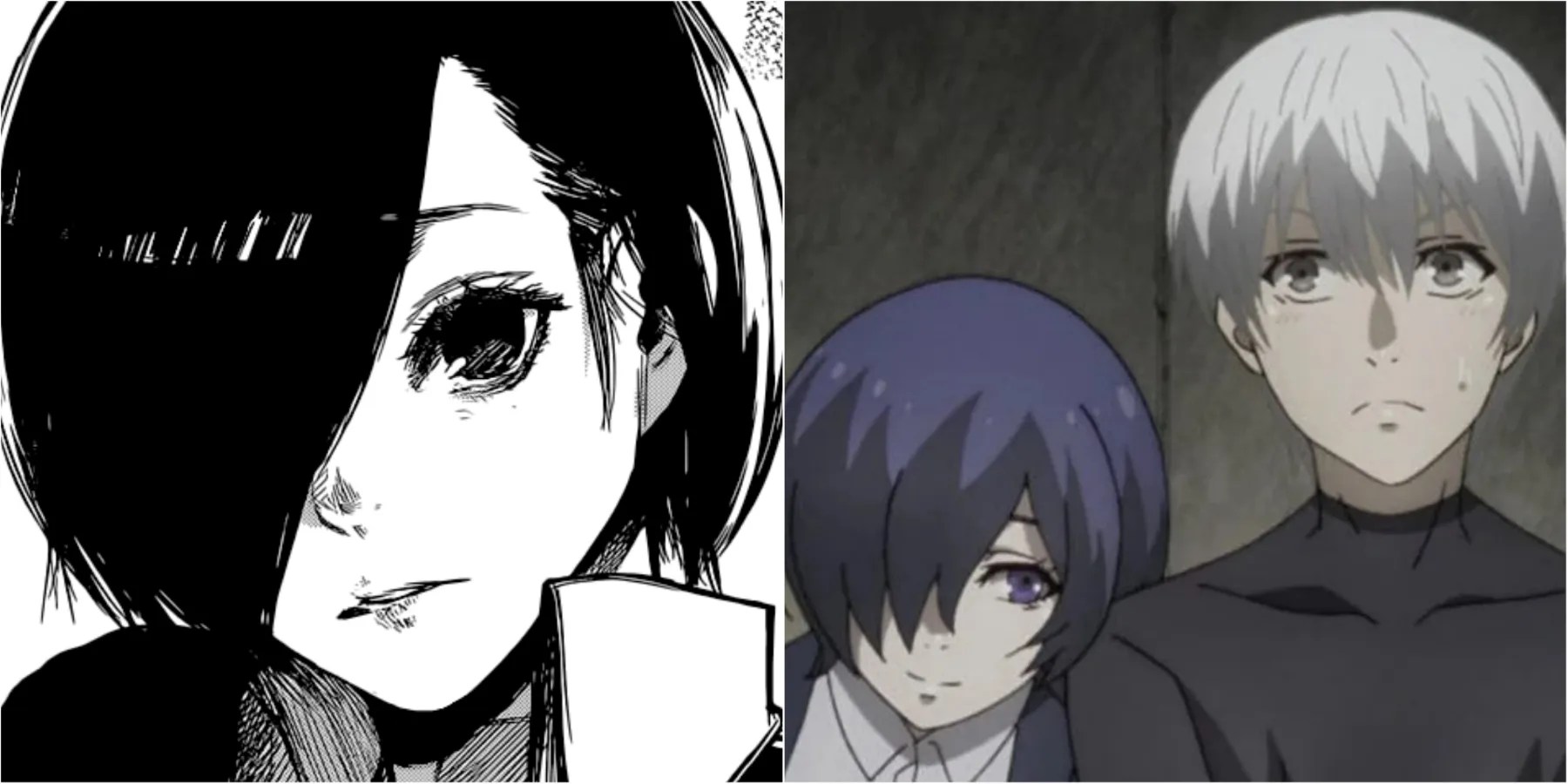There’s a particular melancholy that hangs over certain anime series, a kind of lingering sorrow that seeps into your soul long after the credits roll. Tokyo Ghoul is undoubtedly one of those series. It’s a show that draws you in with its striking visuals and captivating premise, only to leave you with a profound sense of sadness.
The question, then, is why? What is it about Tokyo Ghoul that evokes such a deep well of emotion in its viewers? To understand, we must delve into the heart of its narrative, where the lines between human and monster blur, and the cost of survival can be unbearably high.
Tokyo Ghoul plunges us into a world where ghouls, creatures forced to feast on human flesh to survive, live hidden among us. It’s a world steeped in fear and mistrust, where the protagonists often find themselves caught in a brutal struggle for existence. This struggle, both physical and existential, forms the crux of the series’ emotional core.
The narrative doesn’t shy away from exploring the psychological toll of this existence. We see characters grapple with their identities, torn between their innate nature and the desire for connection and belonging in a world that shuns them. It’s this internal conflict, this yearning for a normalcy that is forever out of reach, that contributes significantly to the overwhelming sense of sadness that permeates the series.
And then, there’s the tragedy. Loss is a recurring motif in Tokyo Ghoul. Characters experience the deaths of loved ones, the shattering of their ideals, and the crushing weight of their circumstances. We witness their descent into despair, their moments of vulnerability, and the struggle to cling to hope in the face of overwhelming darkness. It’s this unflinching portrayal of grief, of the raw, unfiltered emotions that accompany loss, that truly resonates with viewers, leaving them heartbroken yet strangely connected to the characters and their struggles.
The sadness in Tokyo Ghoul isn’t gratuitous. It’s a deliberate narrative choice, meticulously woven into the fabric of the story. It’s the despair that arises from a world where empathy is a rare commodity and where the lines between good and evil are constantly being redrawn. It’s this exploration of complex themes, coupled with its powerful visuals and poignant soundtrack, that makes Tokyo Ghoul a profoundly moving, albeit heart-wrenching, experience.
It’s important to note that the sadness, while pervasive, doesn’t define Tokyo Ghoul. The series is also a testament to resilience, to the enduring strength of the human spirit. We see characters finding solace in unexpected friendships, clinging to hope even in the darkest of times, and fighting for a better future, however uncertain it may be. It’s this glimmer of hope, this unwavering belief in the possibility of change, that ultimately makes Tokyo Ghoul’s tale of tragedy and despair a strangely beautiful and unforgettable one.
24mg of caffeine a buzz or a blip decoding your daily dose
The allure of the hu yi tian en couple phenomenon
Decoding cc and bcc your guide to email etiquette
Why Rize Kamishiro From Tokyo Ghoul Sounds So Familiar - Khao Tick On
Top more than 66 i am a ghoul anime super hot - Khao Tick On
Tokyo Ghoul Season 2 Gokunime Tokyo ghoul re episode 13 english dubbed - Khao Tick On
Top 172 + Tokyo ghoul anime explained - Khao Tick On
Top more than 66 i am a ghoul anime super hot - Khao Tick On
Why Tokyo Ghoul Season 3 Was A Soft Reboot - Khao Tick On
Tokyo Ghoul's Anime Hides the True Horror of Kaneki's Torture - Khao Tick On
Why Jason/Yamori From Tokyo Ghoul Sounds So Familiar - Khao Tick On
Aggregate more than 78 tokyo ghoul anime latest - Khao Tick On
Pin on Tokyo Ghoul, RE, Root A - Khao Tick On
tokyo ghoul manga panels - Khao Tick On
Tokyo Ghoul How Many Seasons? Trust The Answer - Khao Tick On
8 Of The Best Quotes From Tokyo Ghoul:re - Khao Tick On
7 Anime to Watch After "Tokyo Ghoul" - Khao Tick On
Tokyo Ghoul: Why is Arima So Powerful? - Khao Tick On














